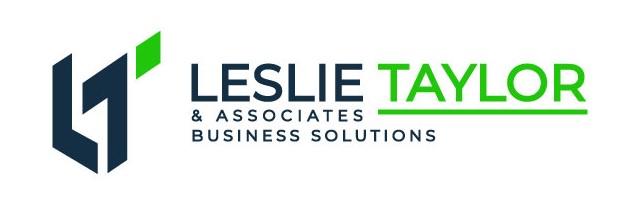Considered one of the world’s oldest forms of trade, one-third of small businesses in the U.S. are involved in some form of barter agreement, according to The Universal Barter Group. If you’re just starting or going through a cash-challenged period in your business, you may have considered bartering.
While I have never bartered during my four and a half years in business, I have had a few clients who have (to my knowledge) bartered their goods or services. I say to my knowledge because while some bartering may be done through formally structured barter exchanges, informal arrangements can be made with just a handshake or verbal agreement.
Bartering can be a great way to gain access to needed services to grow your business while keeping the cash in your business. Bartering can be easy to execute, “I’ll do this for you if you do that for me.”
But, did you know that there can be tax implications to bartering and that the IRS expects you to keep track of barter transactions?
There goes the Man (the IRS) trying to reach his hand into your wallet/ purse again!
Let’s discuss what it looks like to prepare your business so that if you do decide to barter you are positioned to receive all the blessings (deductions) you deserve. Let’s also discuss ensuring you can barter profitably—even though you aren’t exchanging cash.
What is Bartering?
Bartering is a type of transactional relationship in which two parties exchange goods or services. Generally, there is no exchange of money. In bartering, both parties typically have something that they can offer and something that they need. For example, you may be able to offer your photography business’s services in exchange for someone’s digital marketing expertise. Or you may offer your personal chef services to your tax strategist.
Entrepreneurs may choose to barter for many reasons, but the most common include:
- To keep expenses down
- To receive needed goods and services that may be out of reach financially, that will help them grow their businesses
- To better manage cash flow by keeping cash in the business so they can cover other expenses that must be paid
Bartering provides a lot of benefits to both parties if done well. Let’s discuss what it means to do bartering well—and profitably.

Preparation is Key to Bartering Profitably
The IRS expects business owners to keep records of barter exchanges and, based on tax laws, you may need to pay taxes on those exchanges. But, before I lose you, it’s important to understand that expenses related to creating and providing those products and services that are bartered may be deductible. And everyone LOVES deductions!
Also, going into the barter with a little bit of planning and preparation can better ensure the exchange is a profitable one.
The following 4 steps will help with that process:
- Determine the dollar value of the services you plan to give in the barter ahead of time. It’s just as important to understand your pricing in a barter transaction as it is when selling your products and services for money. Skipping this step or reducing your price to “make it work” means you could be giving away part or all of the value of your hard work. Furthermore, other businesses and business owners need to understand your offering in dollar terms. This sets a mental standard in their minds for the value and quality of your services or goods (of course you do need to deliver on that value). Lastly, if you price/ value your offering too low, you may find your business receiving less in the exchange than what you give.
- Have the other business determine the dollar value of the services or goods they plan to give in the barter – Both sides need to agree on the dollar value to be exchanged. If the values don’t match, then you can both discuss how to reconcile either through an exchange of money or exchange of additional services.
- Keep track of the barter transactions – The IRS requires you to track the value of the items you receive and of the items you give in return.
- For those without bookkeeping – Keep a journal, spreadsheet, or logbook with the details. This includes the names of businesses involved in the barter trade, dates, and a description of what was received or given.
- For those with bookkeeping – Transactions need to be recorded on the books along with the details as described in the point above
- Be able to provide supporting documentation such as receipts, invoices, and bills for all transactions – Keeping good records today will prevent headaches tomorrow if you are ever audited or if in the future you want to understand your business’s performance.
Good records will allow you to sleep better at night knowing you have done what is needed to satisfy the Man/Uncle Sam/ the IRS. As the owner, you will be able to have a much better conversation with your tax professional and give them what they need to support you as they work to maximize your blessings (deductions).
If you are serious about learning other ways of increasing the profitability of your business, then you need to get a copy of my FREE video guide to learn how to stop your money leaks. It’s called Stop the Money Leaks In Your Business: The 5 Money-Related Mistakes Entrepreneurs Make and How to Fix them. In it, I share the top 5 mistakes entrepreneurs make that keep them from realizing their full profitable potential.
Also, if you need immediate support in tracking barter transactions or tracking how your business is performing, we can help. As business solutions experts, we have helped dozens of businesses untangle complex issues and clarify a path to greater profitability. Schedule a Discovery Session today.

